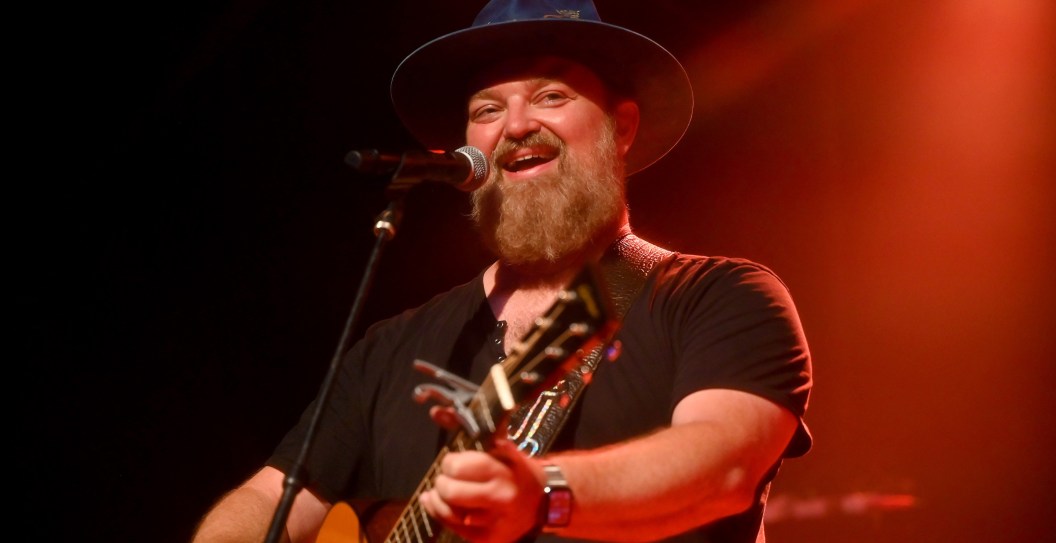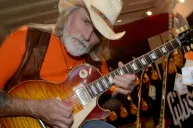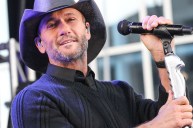Zac Brown Band's John Driskell Hopkins is opening up about his ASL diagnosis. The musician is thankful to still be able to perform and plans to do so for as long as he can.
Videos by Wide Open Country
Speaking with Fox News, he said he began to notice symptoms while playing the guitar on stage. The musician found that he couldn't move as quickly as he was used to playing for the Zac Brown Band.
"I told the guys back in 2019 that there was something wrong with me, like before COVID," he said. "My bluegrass hand was ... this hand was still doing great and this hand was slowing down. And all throughout COVID, I played gigs in cul-de-sacs and private homes and back porches and I noticed a little bit, but it wasn't until we got back out in the fall of '21 that I really noticed changes, you know, above and beyond just me not being able to keep up with bluegrass."
Then Hopkins noticed his legs would lock up. He continued, "It was more like, I was laughing on stage, and my legs were locking up, you know, that kind of thing ... when you have this emotional reaction your body will tense up, and other things."
Zac Brown Band Musician Battles Onward
It wasn't until a few years later that Hopkins realized he had ALS. He said that two neurologists didn't catch the disease. It was only in 2021 that a neurologist finally diagnosed him. "Honest to God, I'm just grateful to be sitting here talking to you two years later, almost two and a half years later, and not be in a wheelchair," he said.
However, the Zac Brown Band musician said that his ALS is progressing "very slowly and very evenly." It has began to impact his ability to play music. Both his voice and balance are affected. Likewise, he found that he can no longer move his hands as quickly as before. However, he plans to keep performing until he can't no more.
He said that he'll know when to hang up the guitar for good. "We had rehearsals last month, and no one complained. So, I'm out there," he said with a laugh. "The minute everyone's like, 'Uh, dude, you need to kinda hold it back,' I will step away, but, you know, I'm so incredibly good-looking, they have to have me on stage."
Hopkins also launched a nonprofit Hop On A Cure to research the disorder. He said, "The answer is in the research, and we want to fix it."




